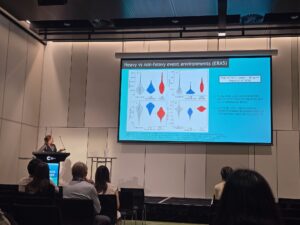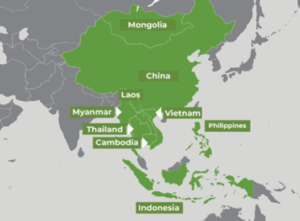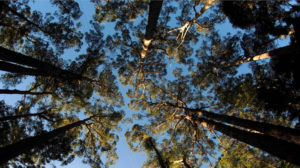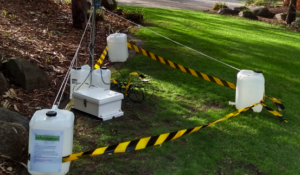

Climate change adaptation specialist, Associate Professor Sarah Boulter has joined the Climate Futures team to lead the National Environmental Science Program’s Climate Adaptation Mission. Her work focusing on building the science to practice connection to help Australia’ environmental managers and communities adapt to climate change.
“Adaptation is about reducing the risks and impacts associated with a changing climate,” said Dr Boulter. “We need to understand how the climate will continue to change, how individual species and ecosystems will respond and make hard decisions about what we are willing to do to protect these natural systems.”
One of the challenges of climate change adaptation is making decisions about investing in management options now for a future that comes with a measure of uncertainty.
“Despite being seen as an environmental problem, adaptation actually focuses much more on people and values. Without our intervention, the natural environment would evolve and adapt. The question becomes whether the possible changes are the ones we as a society prefer to see, if they will impact the way we live our lives and how much we are willing to invest to change that outcome.”
Understanding climate risks and making decisions about how to adapt can be very challenging. “There is a lot of satisfaction helping those at the coal face of climate change. This is science that has direct, real-world outcomes,” said Dr Boulter.
Prior to joining the Climate Futures team at UTAS, Dr Boulter worked in the National Climate Change Adaptation Research Facility at Griffith University.








